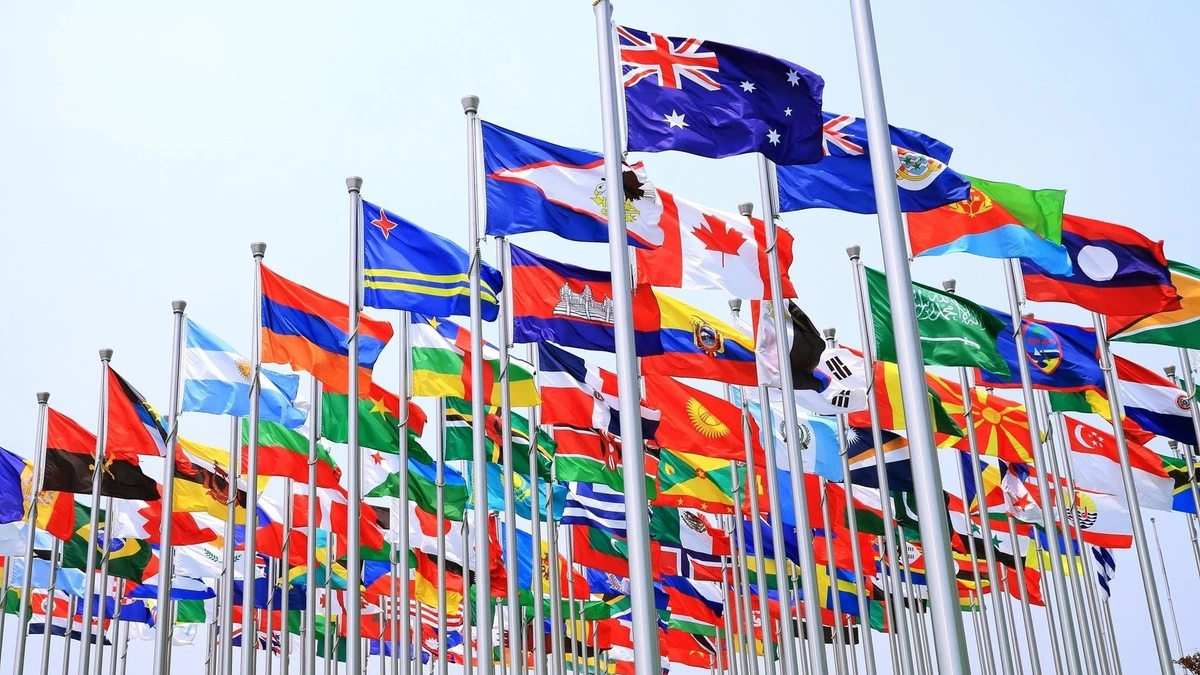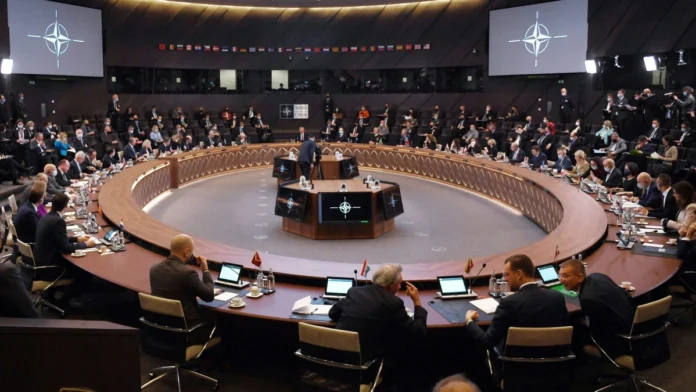What does it really mean to be liberal in today’s America? It’s a question that’s often tossed around in political debates, but rarely do we dig deep into the core values and beliefs that underpin this ideology. Here’s the thing: being liberal isn’t just about ticking boxes on a voting ballot; it’s a comprehensive worldview that shapes how people perceive society, justice, and the role of government. Let’s peel back the layers and get a real understanding.
Why Understanding Liberal Values Matters

So, why should you care about understanding liberal values , especially if you don’t identify as one yourself? Because, let’s be honest, in a deeply divided nation, comprehension is the first step towards bridging gaps. More importantly, understanding the “why” behind liberal viewpoints helps to clarify how policies get shaped and ultimately affect everyday life. For instance, the focus on social justice impacts everything from educational reform to environmental regulations.
I initially thought I could simply list key tenets, but then I realized that’s not nearly enough. We need to explore the underlying motivations, the intellectual heritage, and how these principles translate into tangible actions. Think of it like this: knowing the ingredients of a cake doesn’t tell you how it tastes. You need to understand the recipe and the baking process.
The Core Pillars of Liberal Ideology
At its heart, liberalism emphasizes individual rights and freedoms. But it goes far beyond that. Here’s a closer look at some of the core pillars:
- Equality: This isn’t just about everyone having the same opportunities on paper. It’s about addressing systemic inequalities that put certain groups at a disadvantage. This includes fighting for racial equality, gender equality, and LGBTQ+ rights.
- Social Justice: Liberals believe that society has a responsibility to care for its most vulnerable members. This often translates into support for welfare programs, affordable healthcare, and robust social safety nets.
- Progress and Reform: A key characteristic is a willingness to challenge the status quo and push for reforms that address societal problems. This might include advocating for stricter gun control laws, climate change action, or criminal justice reform.
- Government Intervention: Unlike conservatives who generally favor limited government, liberals see a role for government in regulating the economy, protecting the environment, and providing social services.
What fascinates me is how these principles interlock and influence one another. For example, the belief in equality fuels the push for social justice, which in turn justifies government intervention to level the playing field.
The Evolution of Liberal Thought
Now, here’s where it gets really interesting. Liberalism isn’t a static ideology; it has evolved significantly over time. Classical liberalism, which emerged during the Enlightenment, focused primarily on individual liberty and limited government. Think of thinkers like John Locke and Adam Smith. But modern liberalism, which arose in response to the Industrial Revolution and the rise of capitalism, embraces a more active role for government in addressing social and economic inequalities.
One of the biggest shifts has been the move away from a purely individualistic focus towards a greater emphasis on collective responsibility. This has led to debates within the liberal movement itself, with some arguing that government intervention can sometimes infringe on individual liberties. As the political spectrum continues to evolve, so will the definition of what it means to be a modern progressive in the 21st century.
Criticisms and Challenges Facing Liberalism
Of course, no ideology is without its critics. Liberalism faces its fair share of challenges. One common criticism is that it can lead to excessive government spending and bureaucracy. Critics on the right argue that liberal policies often stifle economic growth and undermine individual responsibility. Conservative arguments against higher taxes and government regulations often stem from this perspective.
But there are also criticisms from the left. Some argue that modern liberalism doesn’t go far enough in addressing systemic inequalities and that it often prioritizes incremental reforms over radical change. There’s a growing movement advocating for more transformative policies, such as universal basic income and the Green New Deal.
What I find particularly compelling is how liberalism is constantly being redefined in response to these criticisms. It’s a dynamic and evolving ideology that’s always grappling with its own contradictions and limitations. Also, it is important to note the various political ideologies, such as democratic socialism , that overlap with some liberal policies .
Liberalism Beyond Politics | A Way of Life
Ultimately, being politically liberal is more than just a set of political beliefs; it’s a way of life. It’s about embracing diversity, promoting inclusivity, and striving for a more just and equitable world. It’s about challenging assumptions, questioning authority, and advocating for the voiceless. It’s not always easy, and it certainly isn’t perfect, but it’s a commitment to progress and a belief in the potential for positive change. This can also be interpreted as left-leaning politics .
So, the next time you hear someone described as “liberal,” remember that there’s a whole world of values, beliefs, and experiences behind that label. Understanding that complexity is crucial for fostering meaningful dialogue and building a more united society.
FAQ | Understanding Liberalism
What are the main differences between liberals and conservatives?
Liberals generally favor government intervention to address social and economic inequalities, while conservatives tend to advocate for limited government and individual responsibility.
Is liberalism the same as socialism?
No, although there can be some overlap. Liberalism focuses on individual rights and freedoms, while socialism emphasizes collective ownership and control of the means of production.
What are some common criticisms of liberalism?
Some criticisms include excessive government spending, stifling economic growth, and not going far enough in addressing systemic inequalities.
How has liberalism changed over time?
Liberalism has evolved from a focus on individual liberty and limited government to a greater emphasis on social justice and government intervention.
What role does social justice play in liberalism?
Social justice is a core value of liberalism, emphasizing the responsibility of society to care for its most vulnerable members.
Where can I learn more about liberalism?
Explore resources from academic institutions, think tanks, and organizations that promote civil liberties and social justice.

